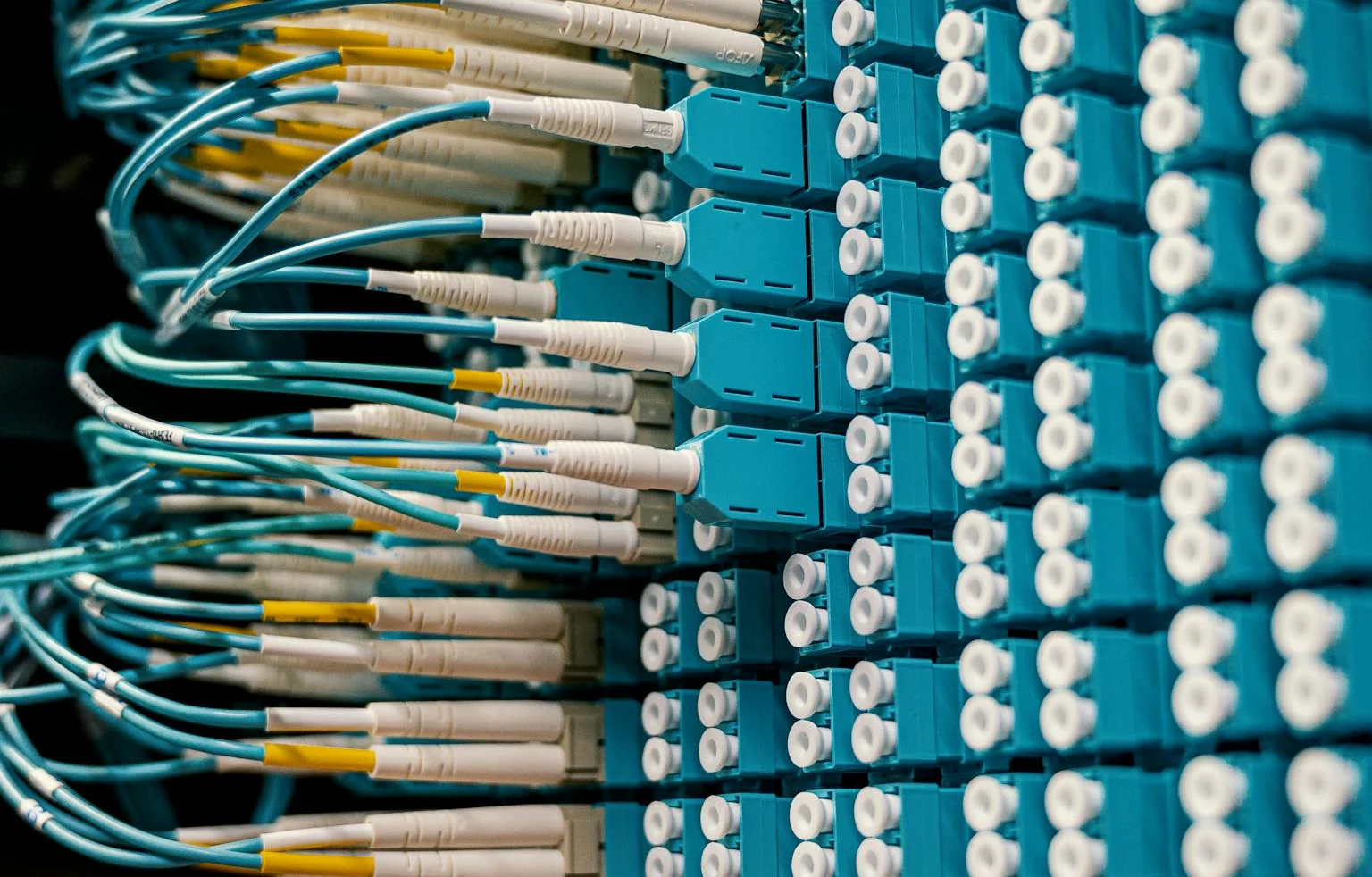In the modern business world, a reliable and high-speed internet connection is not just a convenience; it is a fundamental requirement for success. As data demands continue to soar, traditional copper-based networks are no longer sufficient.
Fiber optic technology, with its incredible speed, bandwidth, and reliability, has become the gold standard for business connectivity.
However, navigating the market for fiber optic services can be complex. Choosing the right provider and service plan requires careful consideration of several key factors to ensure your business gets a solution that is both powerful and tailored to its specific needs.
Assessing Speed and Bandwidth Requirements
The most significant benefit of fiber is its speed, but not all services are created equal. The first step is to accurately assess your business’s current and future needs.
Consider the number of employees, the nature of your data usage (e.g., large file transfers, video conferencing, cloud applications), and your growth projections.
You need a service with enough bandwidth to handle peak usage without slowdowns. A thorough understanding of your data needs is the foundation for choosing the right fiber optic services.
Reliability and Uptime Guarantees
Downtime can be disastrous for a business, leading to lost revenue, decreased productivity, and damage to your reputation. A crucial factor to consider is the provider’s reliability and their Service Level Agreement (SLA).
The SLA should specify the guaranteed uptime, response times for support issues, and compensation for service interruptions.
A provider that offers a high-uptime guarantee demonstrates confidence in their network’s stability. When evaluating fiber optic services, a strong SLA is a non-negotiable factor.
Customer Support and Technical Expertise
When technical issues arise, timely and effective support is essential. Before committing to a provider, research their customer service reputation. Do they offer 24/7 technical support? Is their support team knowledgeable and responsive?
A good provider will have experts who can quickly diagnose and resolve problems, minimizing your business’s downtime. The quality of their support can make a significant difference in your overall experience with fiber optic services.
Scalability and Future-Proofing
As your business grows, your internet needs will change. The fiber optic services you choose should be scalable, allowing you to easily upgrade your plan and bandwidth as your requirements increase. Inquire about the process for upgrading and any associated costs.
A provider that offers a flexible, scalable solution ensures that your investment today will continue to meet your needs for years to come without the need for a costly infrastructure overhaul.
Pricing and Contract Terms
While pricing is an important consideration, it should be evaluated in the context of the value and service offered. Compare the pricing models of different providers, looking for hidden fees, installation costs, and long-term contract obligations.
A longer contract may offer a lower monthly rate, but it also locks you in. It’s important to read the fine print and understand the total cost of ownership over the contract term. A thorough financial review of potential fiber optic services is vital.
Security Features and Data Protection
For many businesses, data security is a top priority. A reputable fiber optic provider should offer robust security features to protect your network from cyber threats.
Ask about their network security protocols, data encryption, and any additional security services they provide, such as DDoS mitigation or managed firewalls. Choosing a provider that prioritizes security helps safeguard your sensitive business data and intellectual property.




